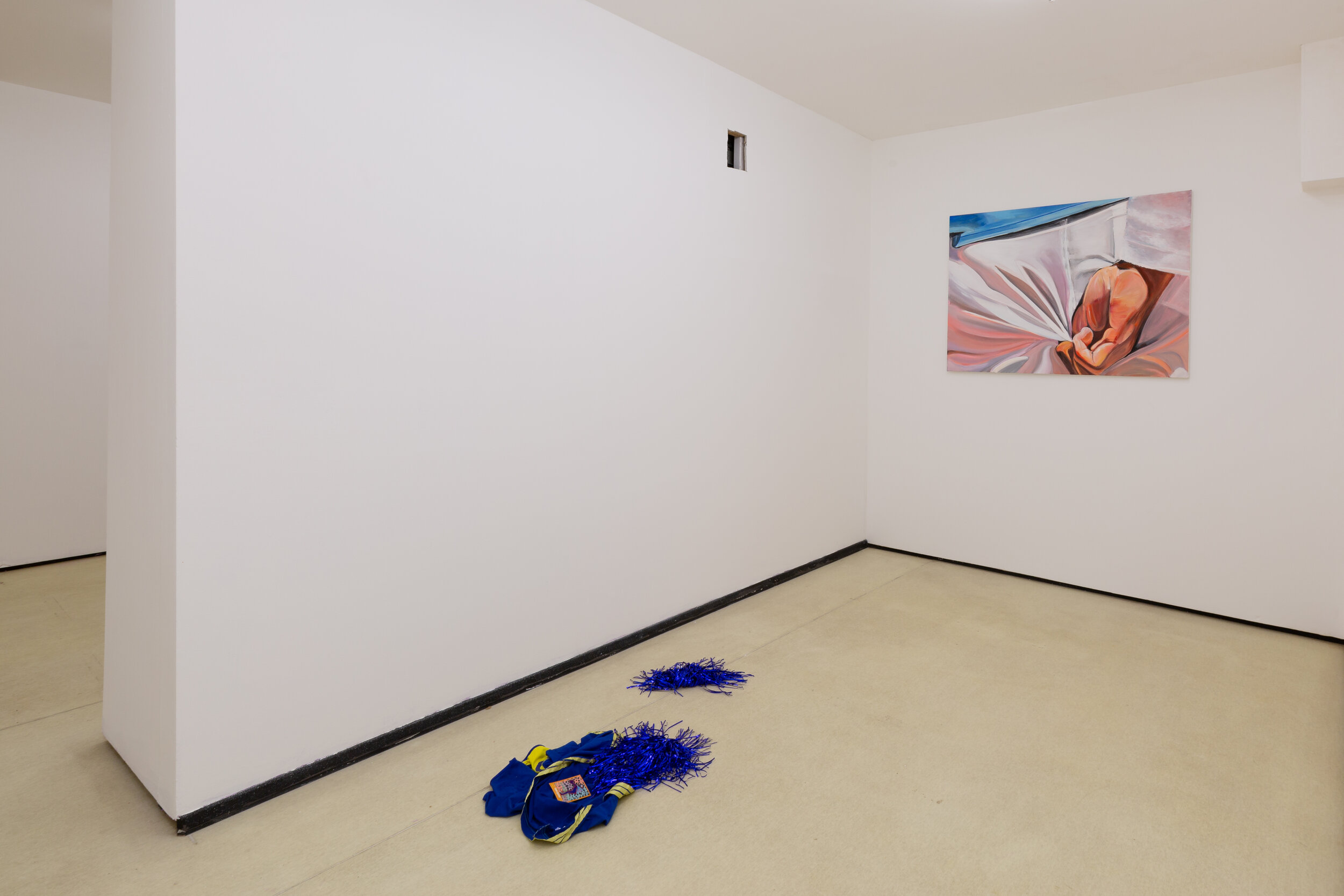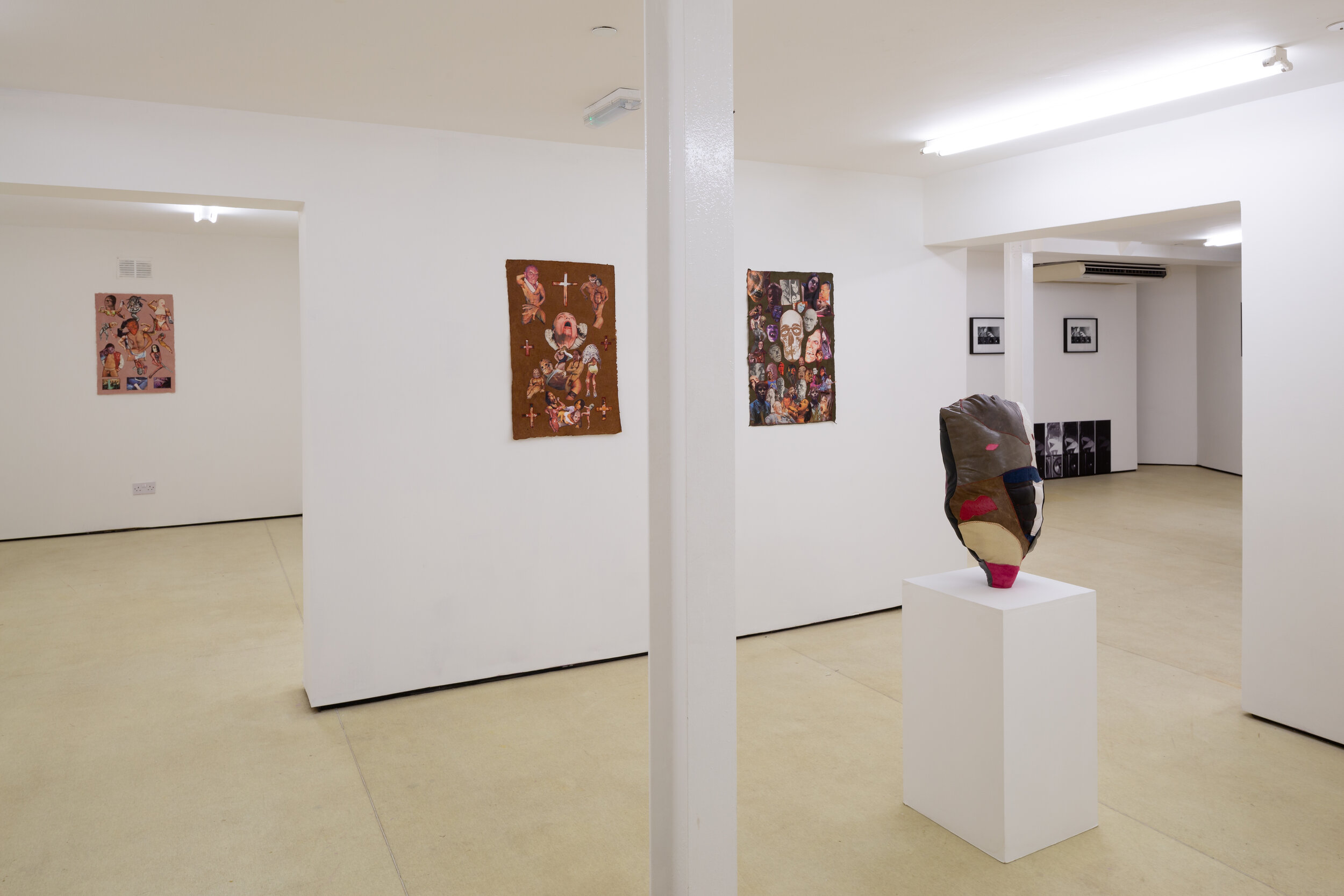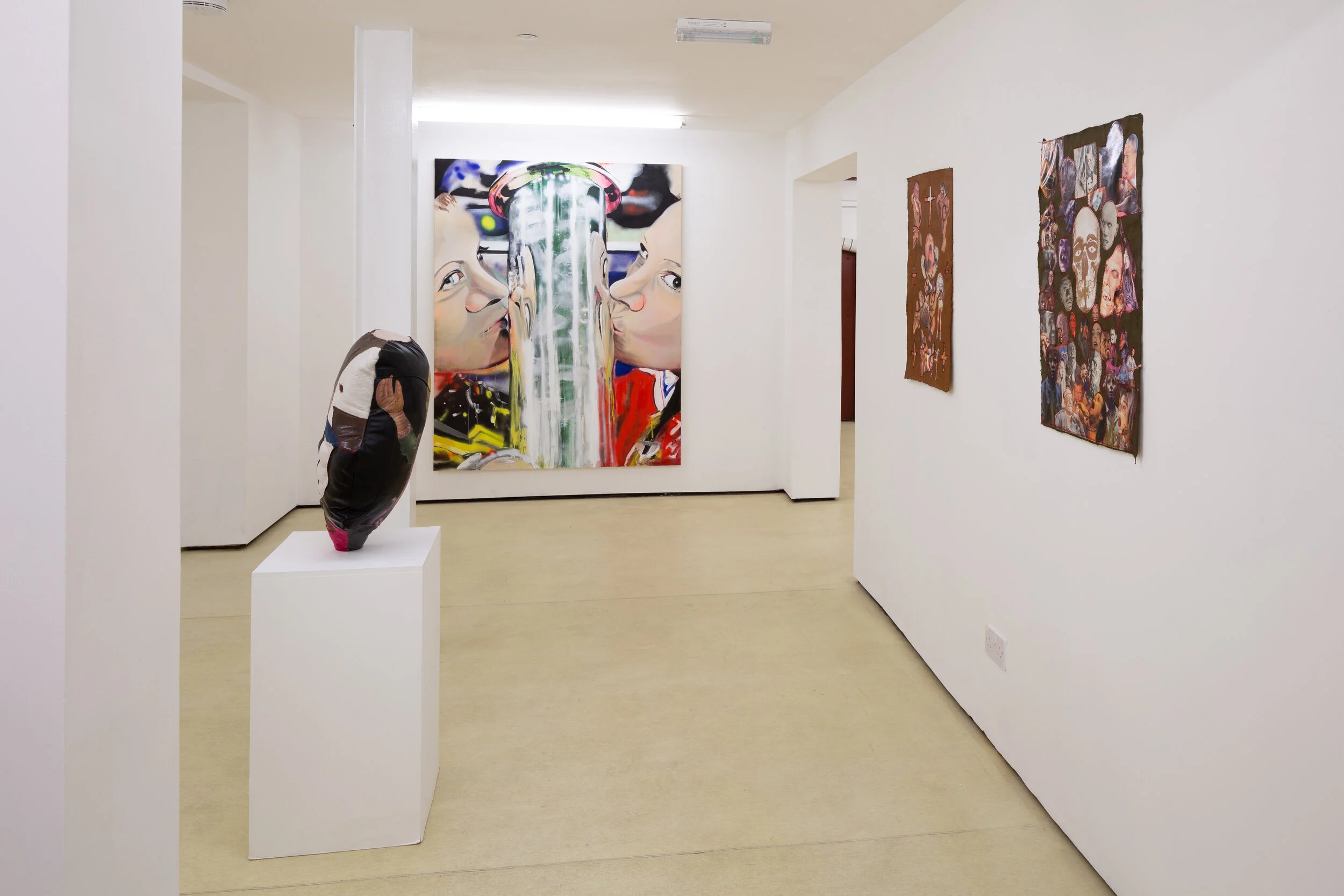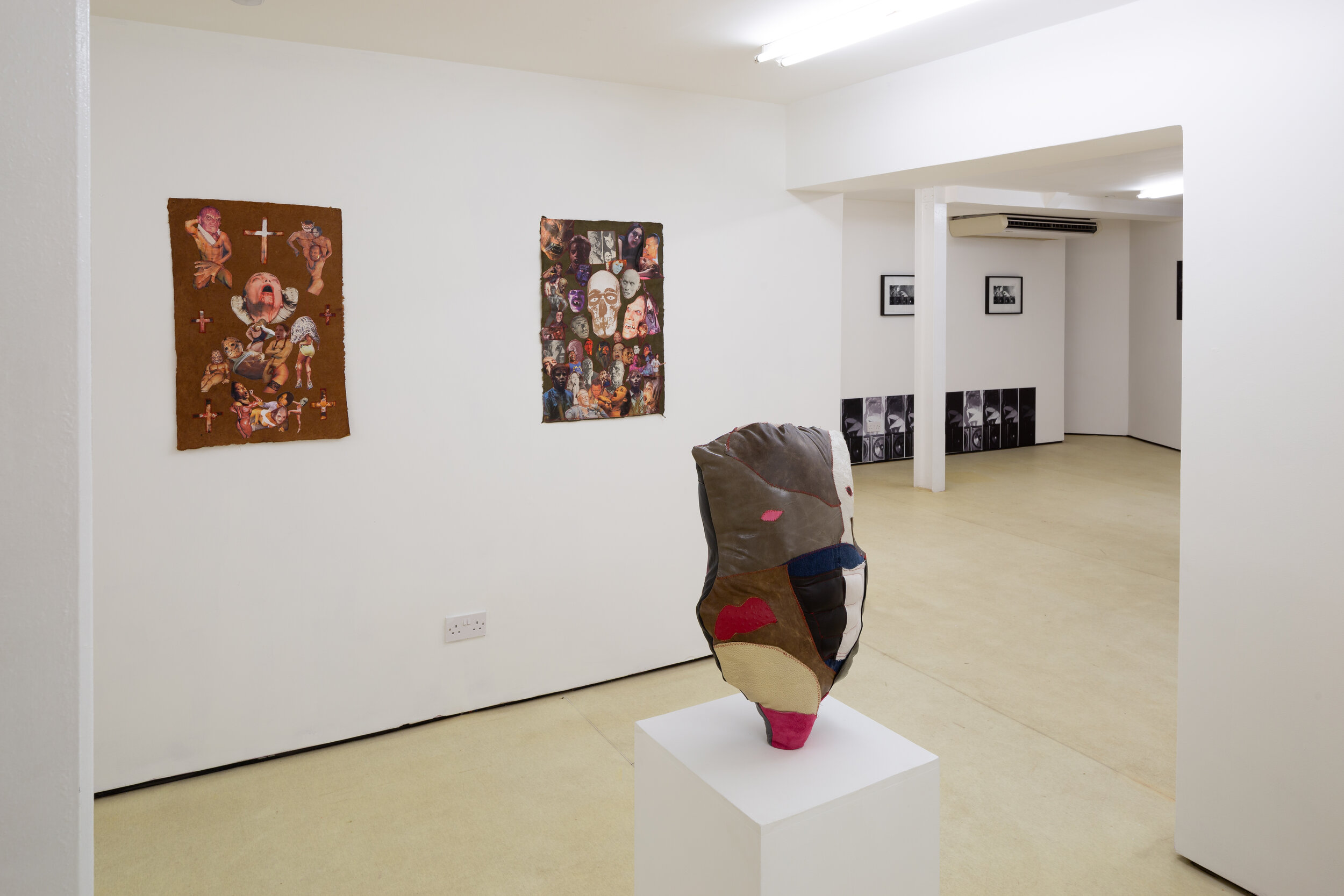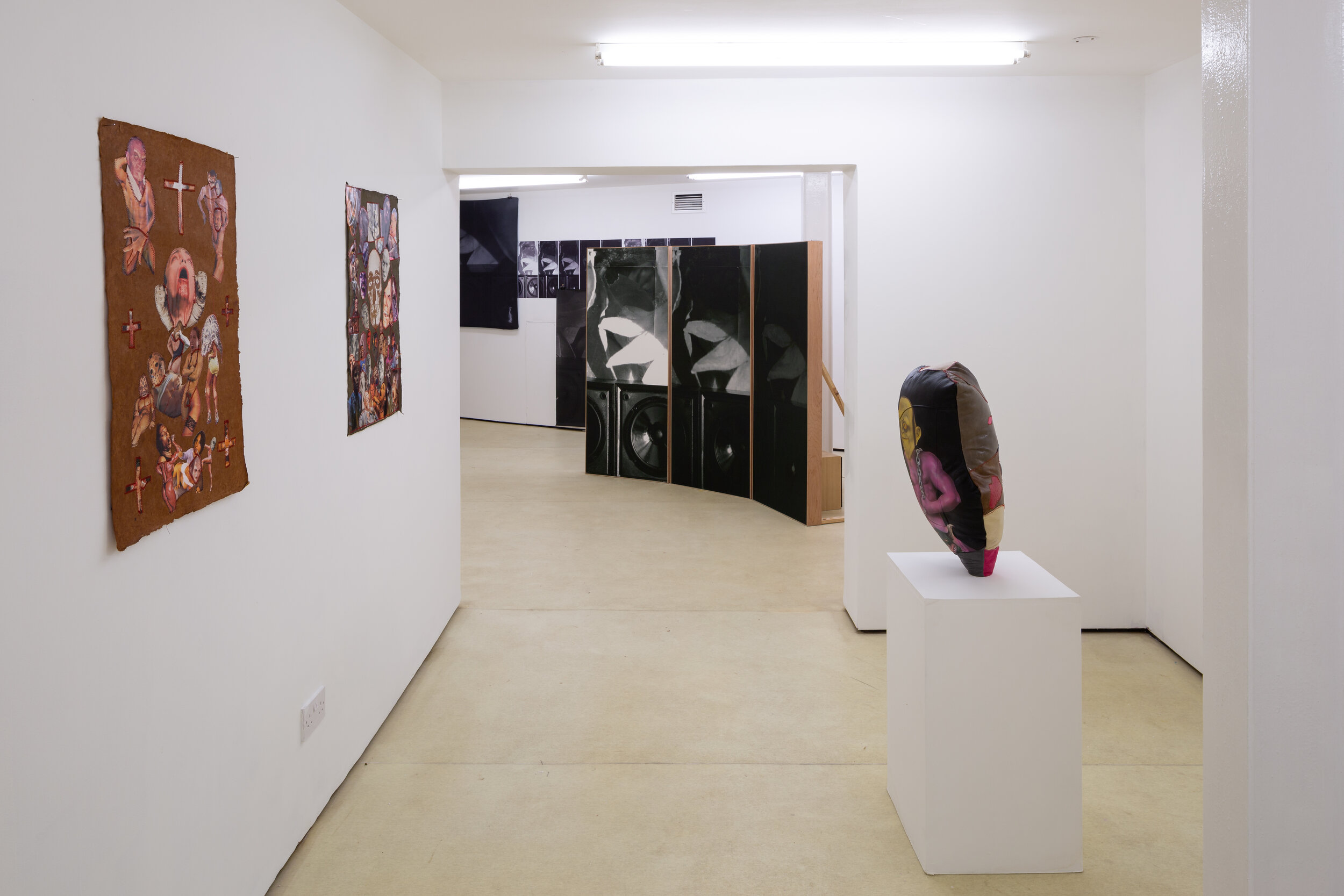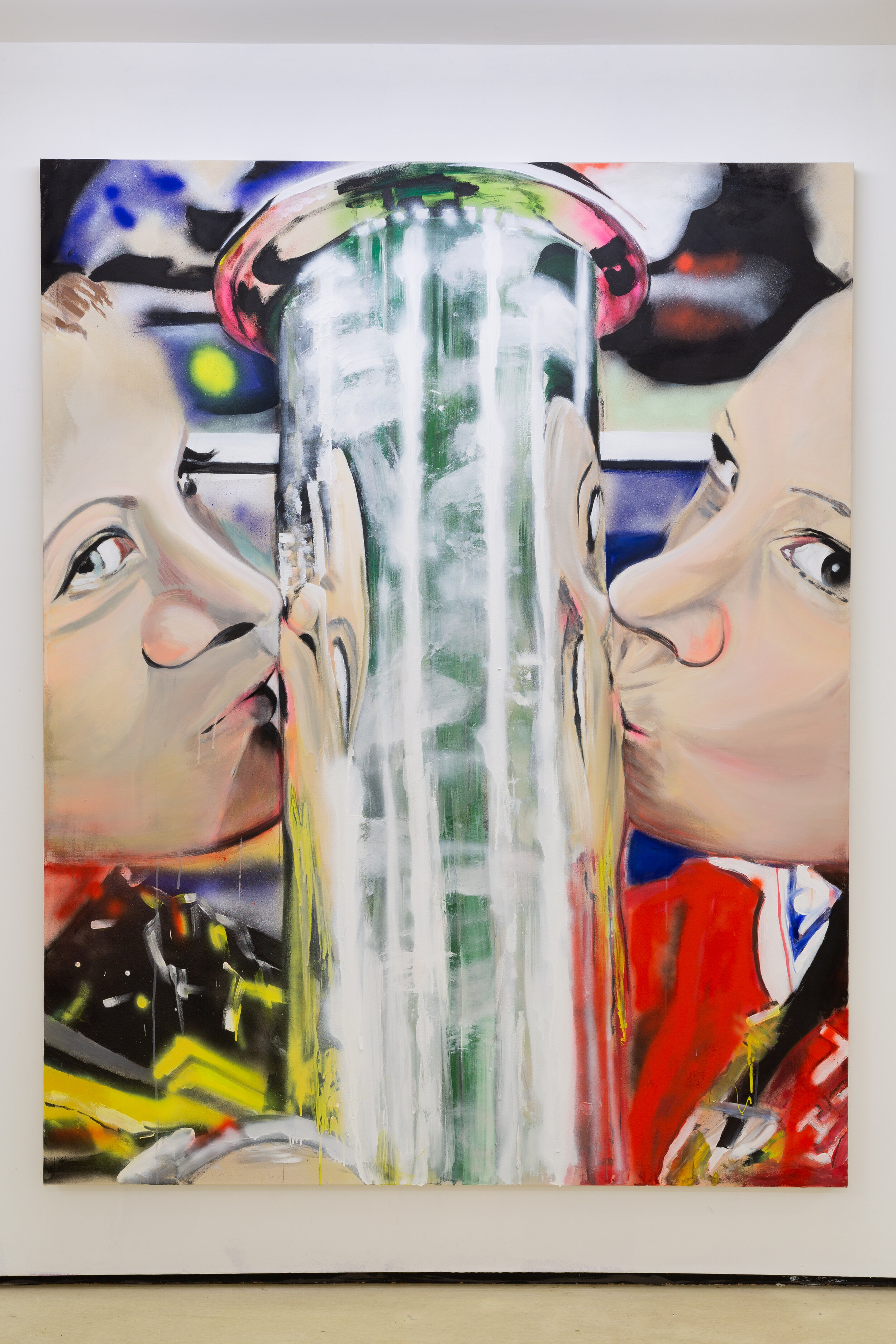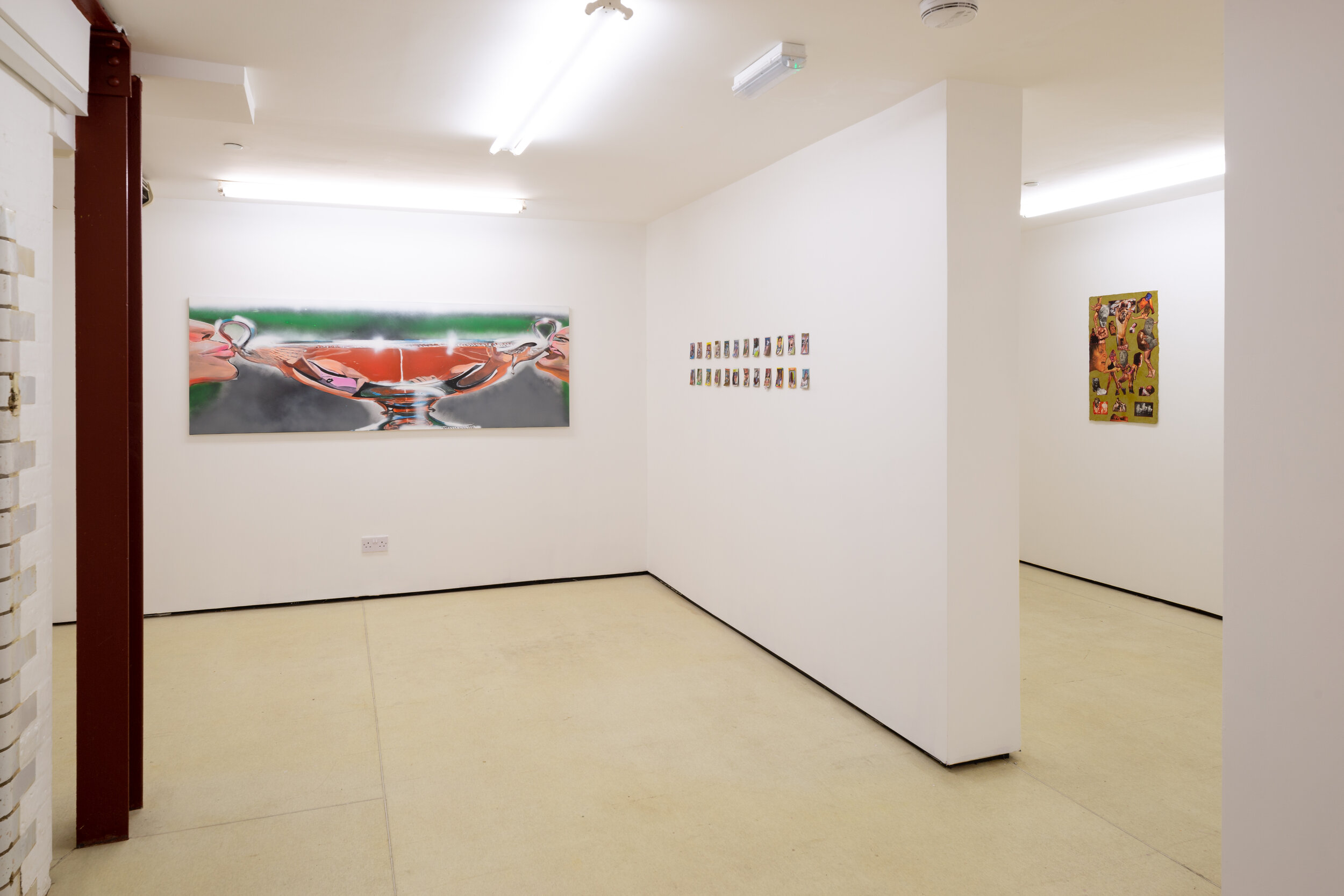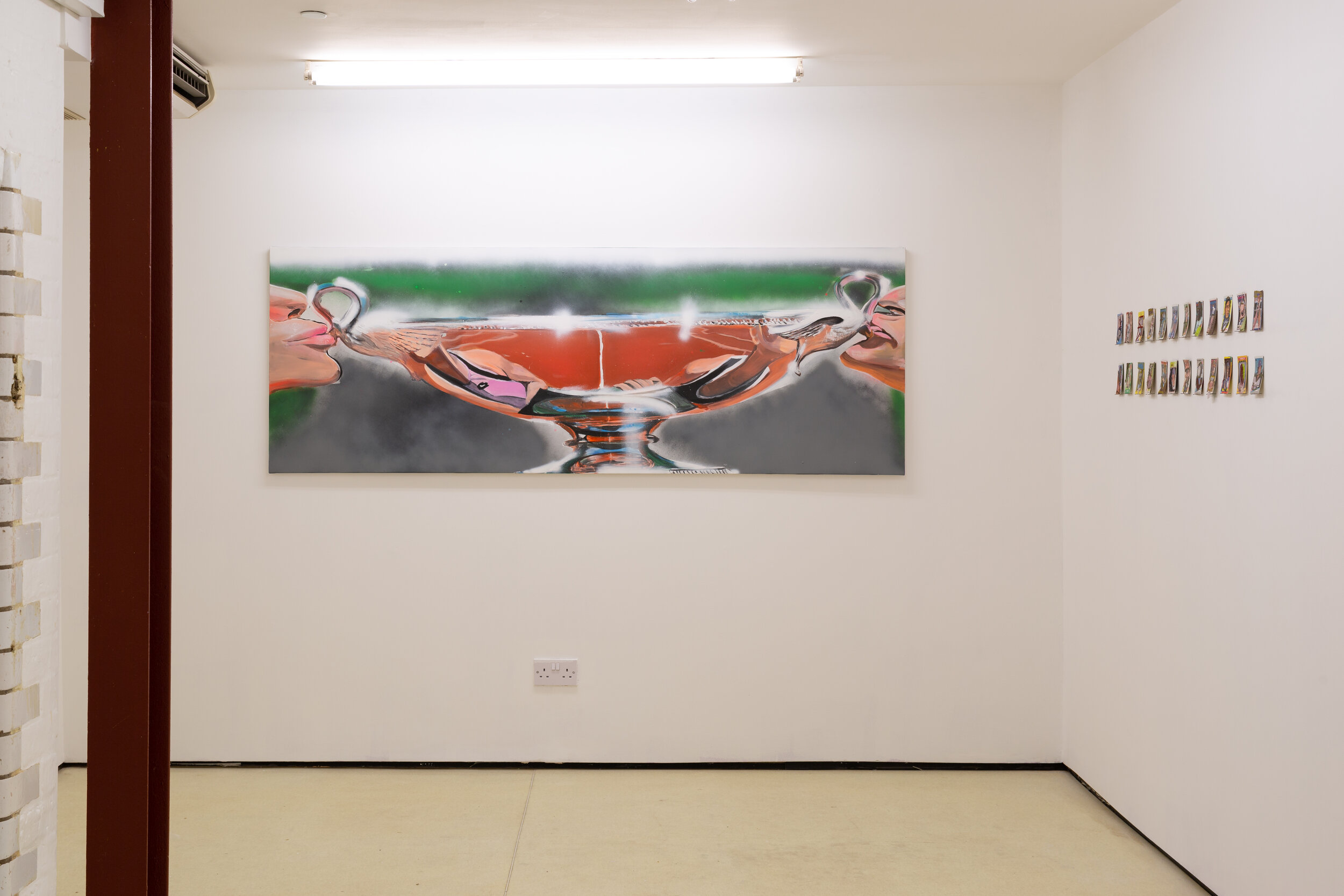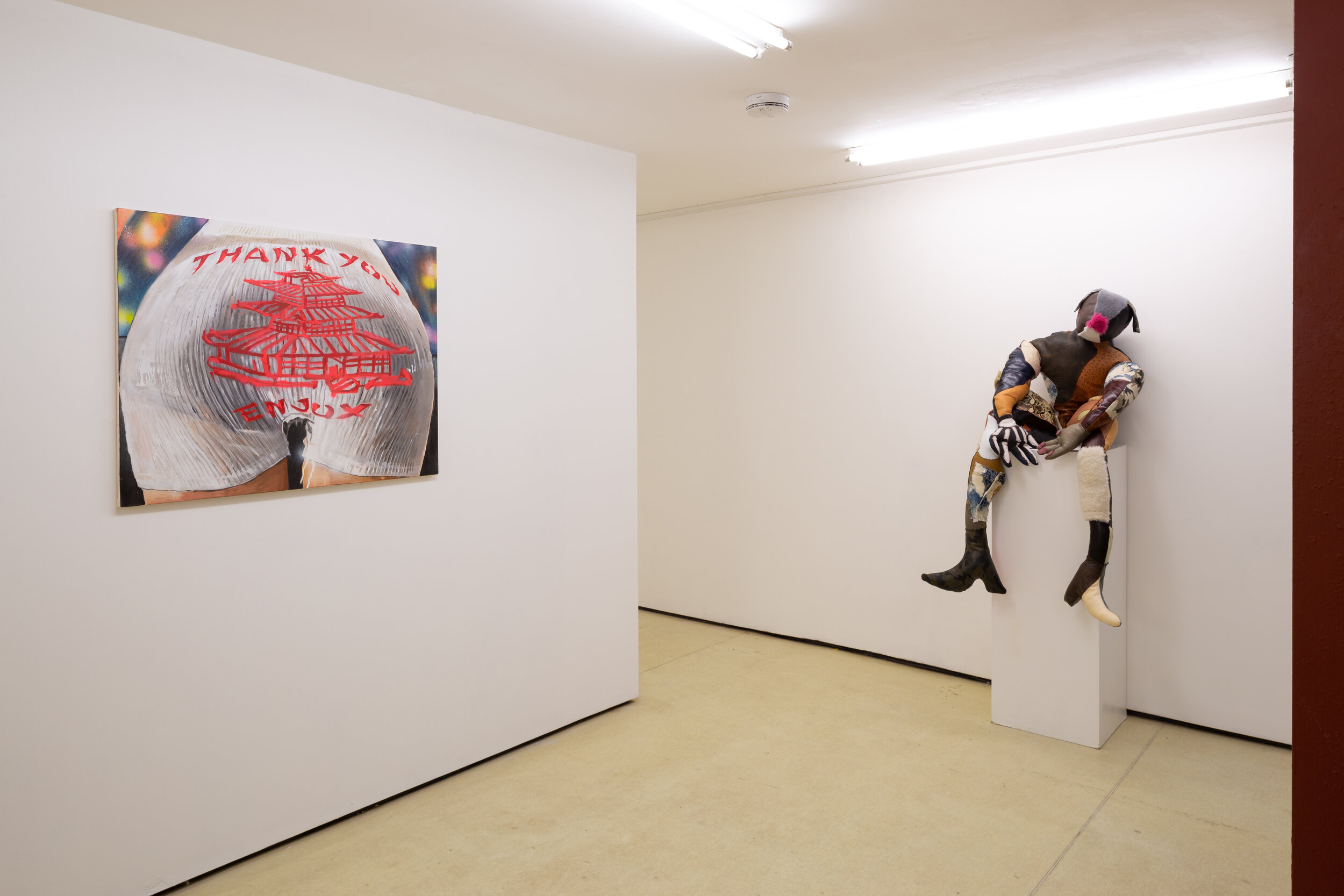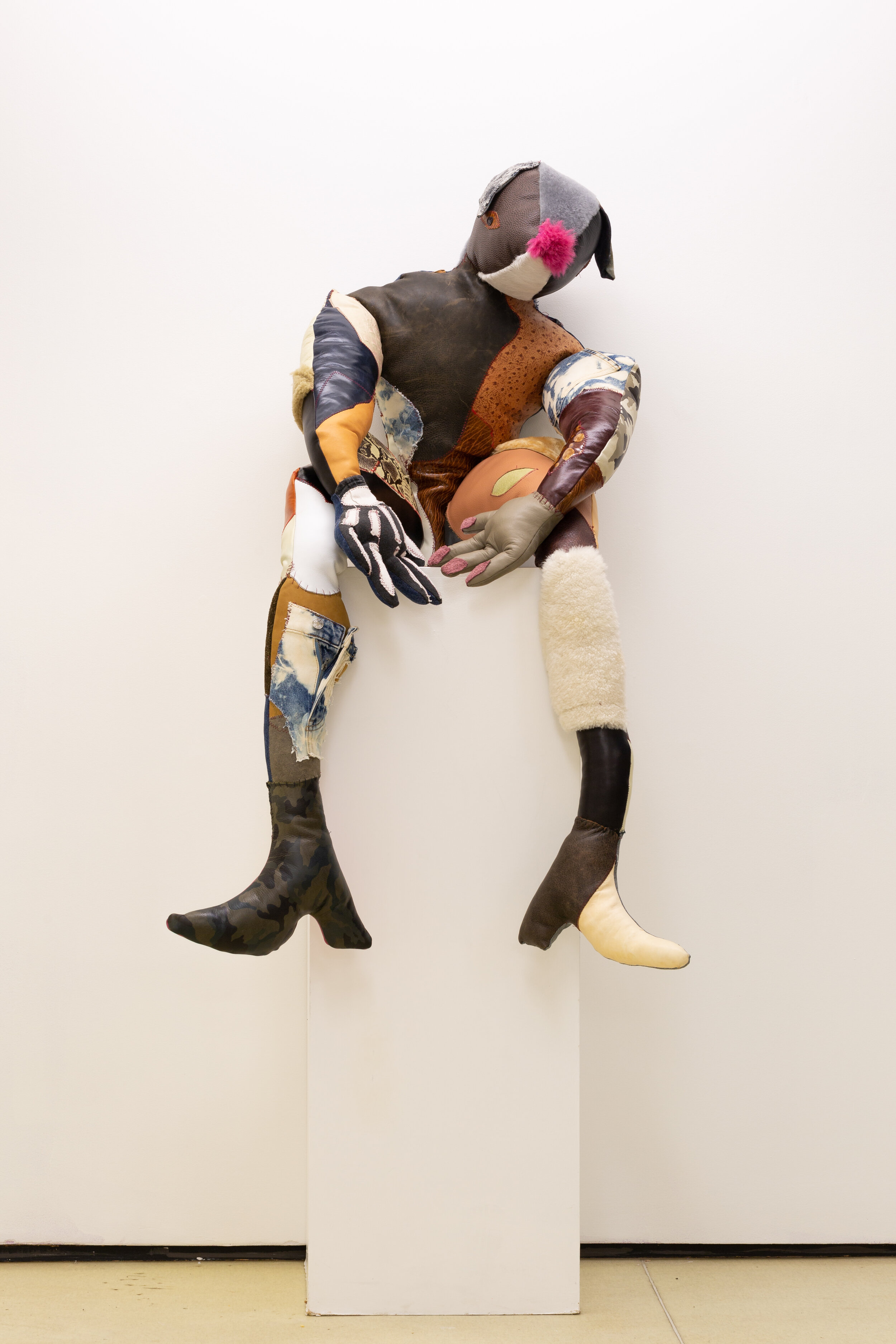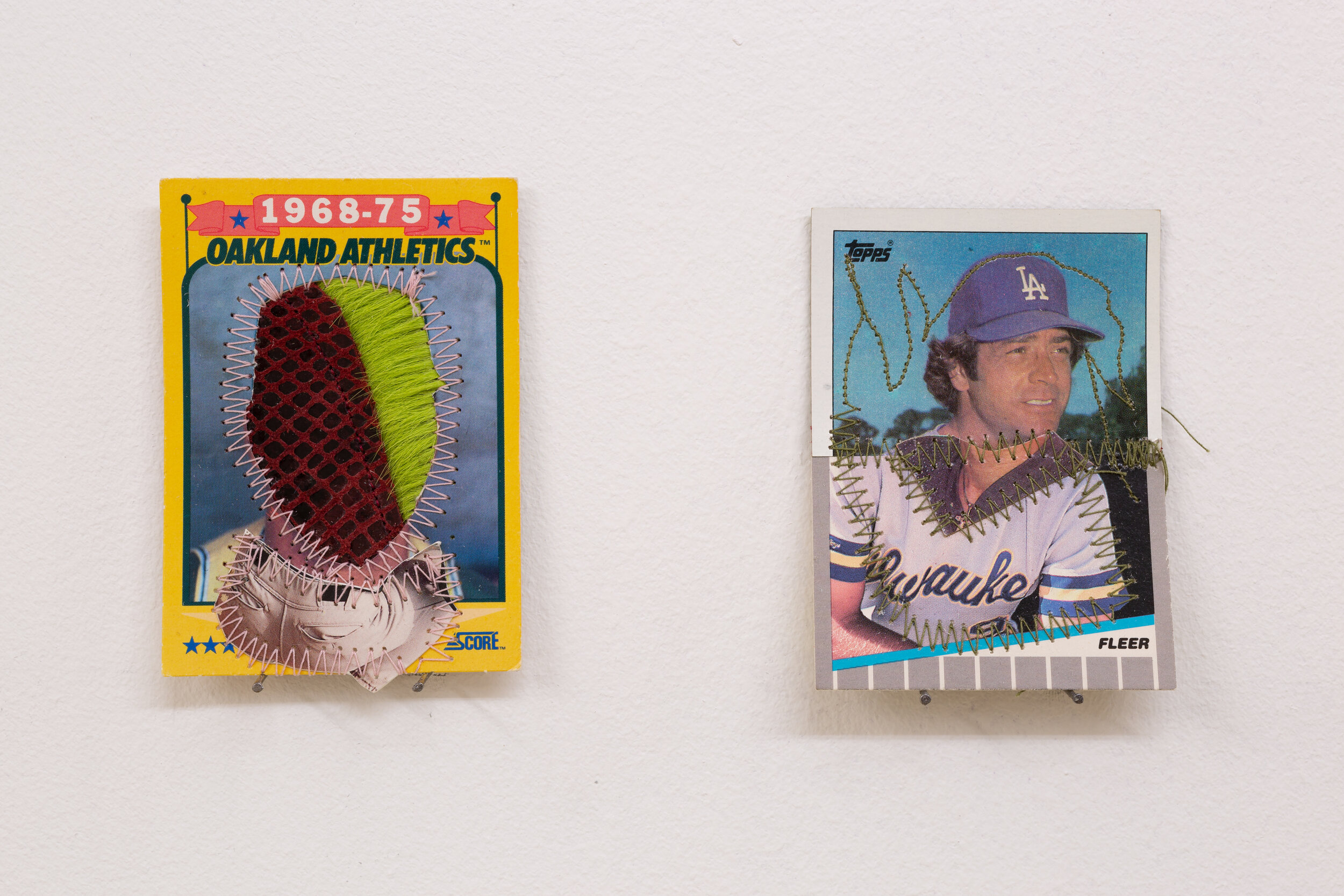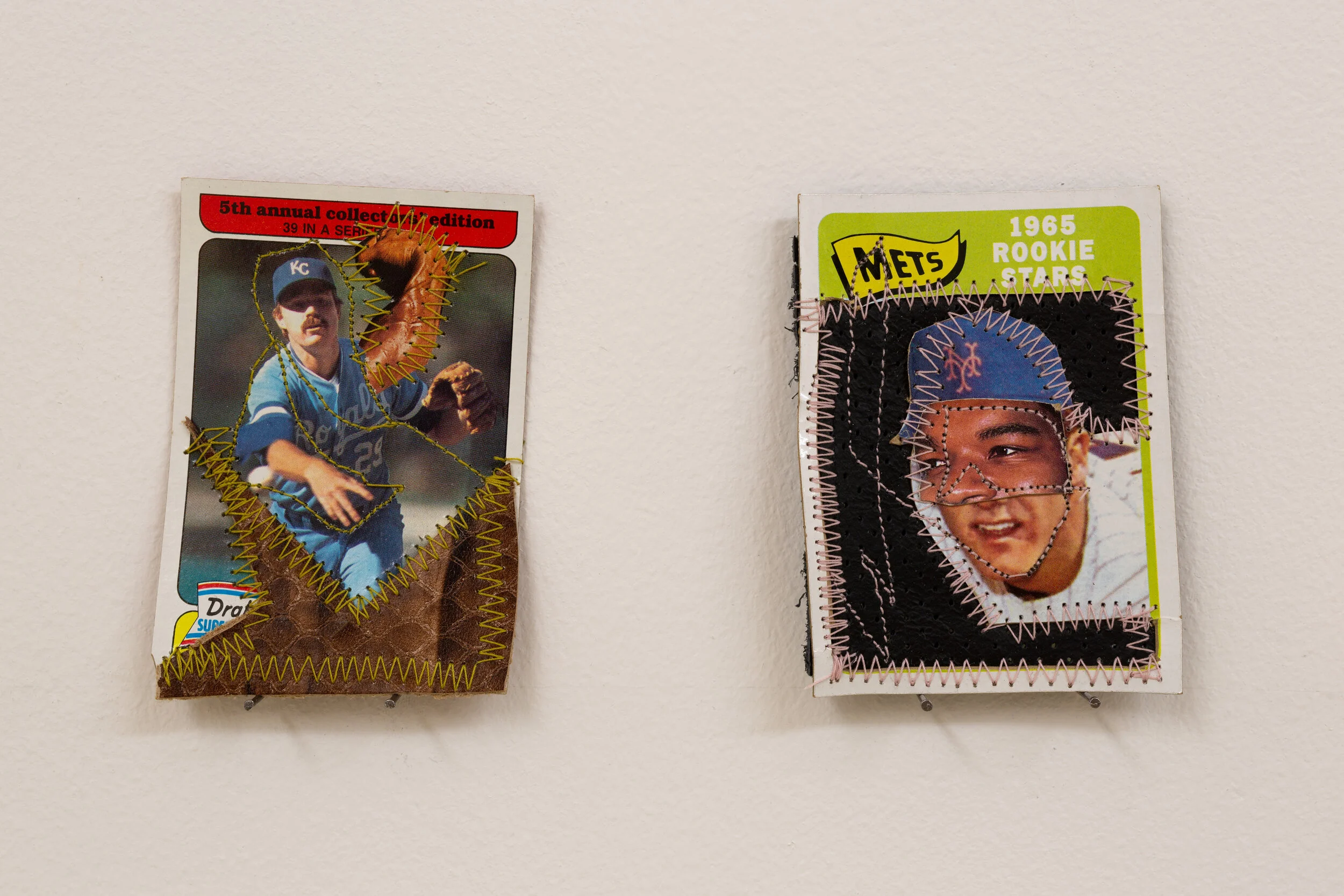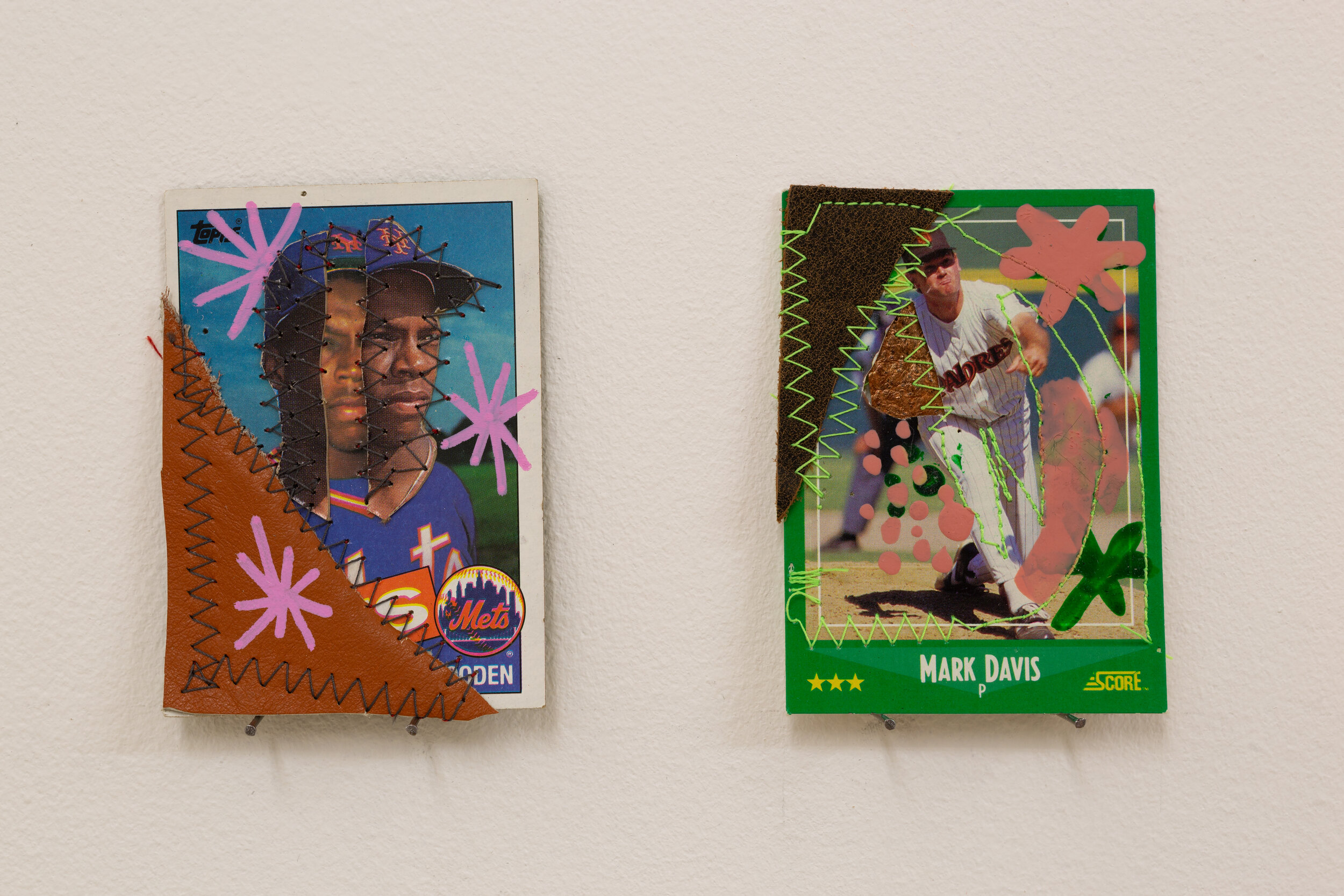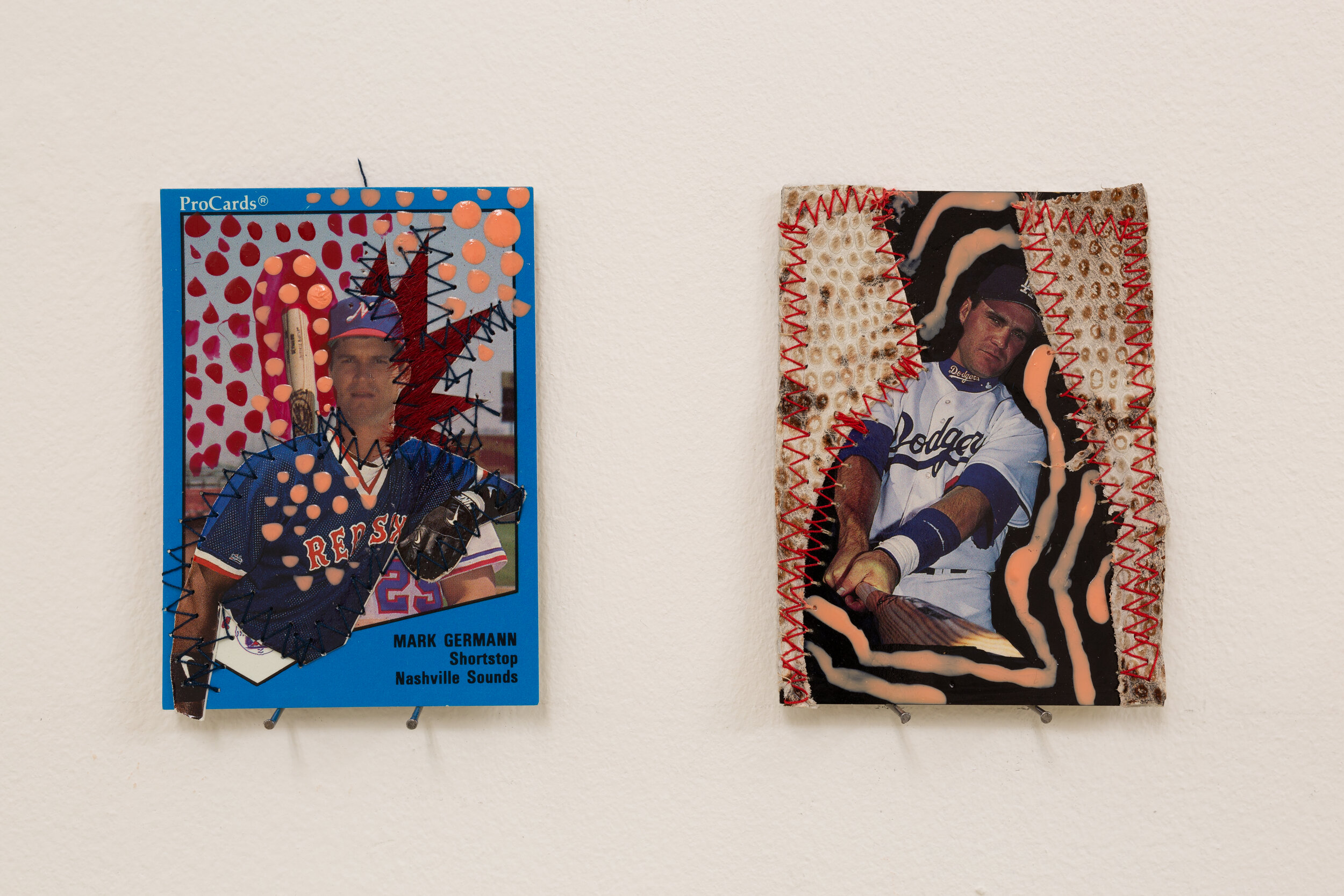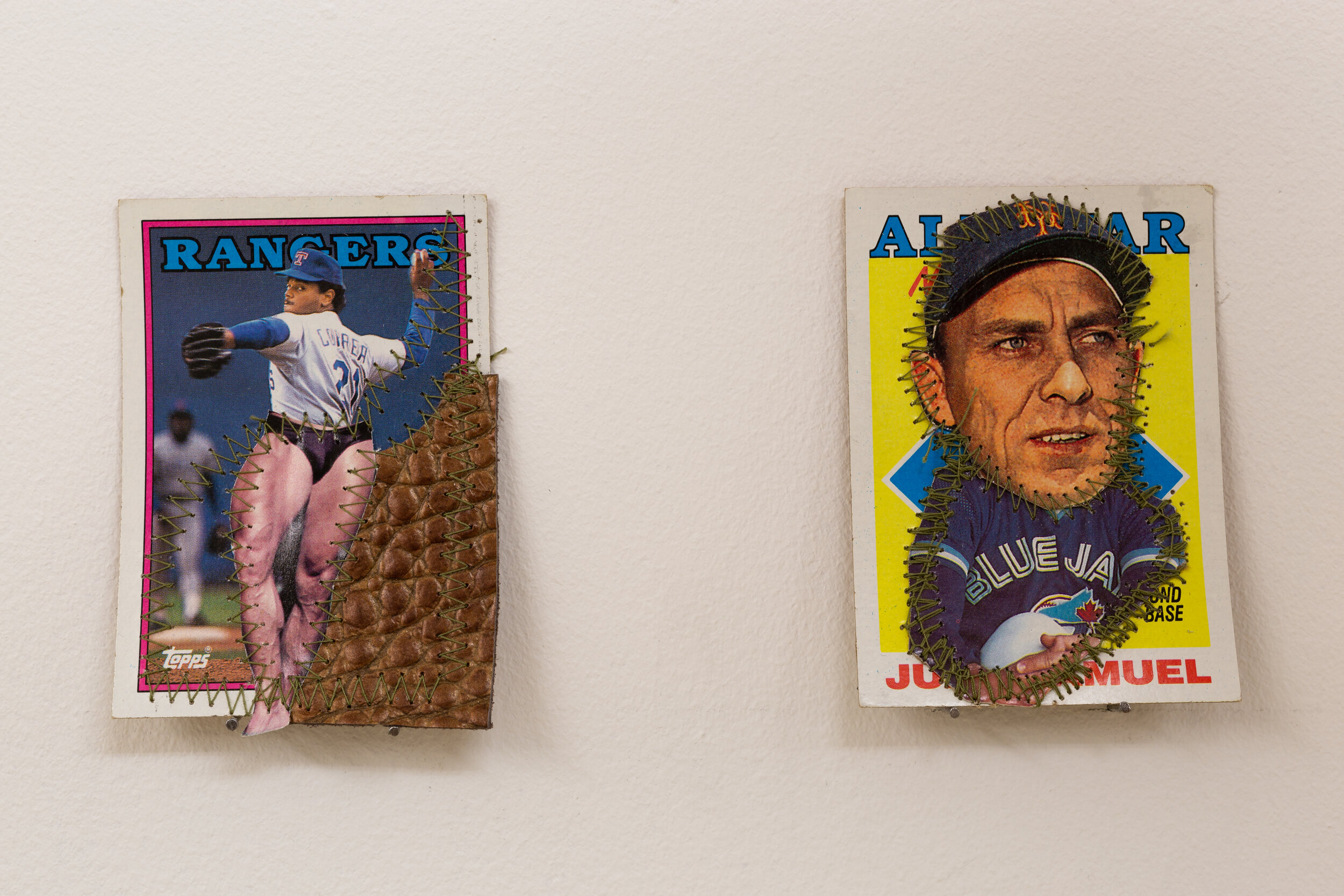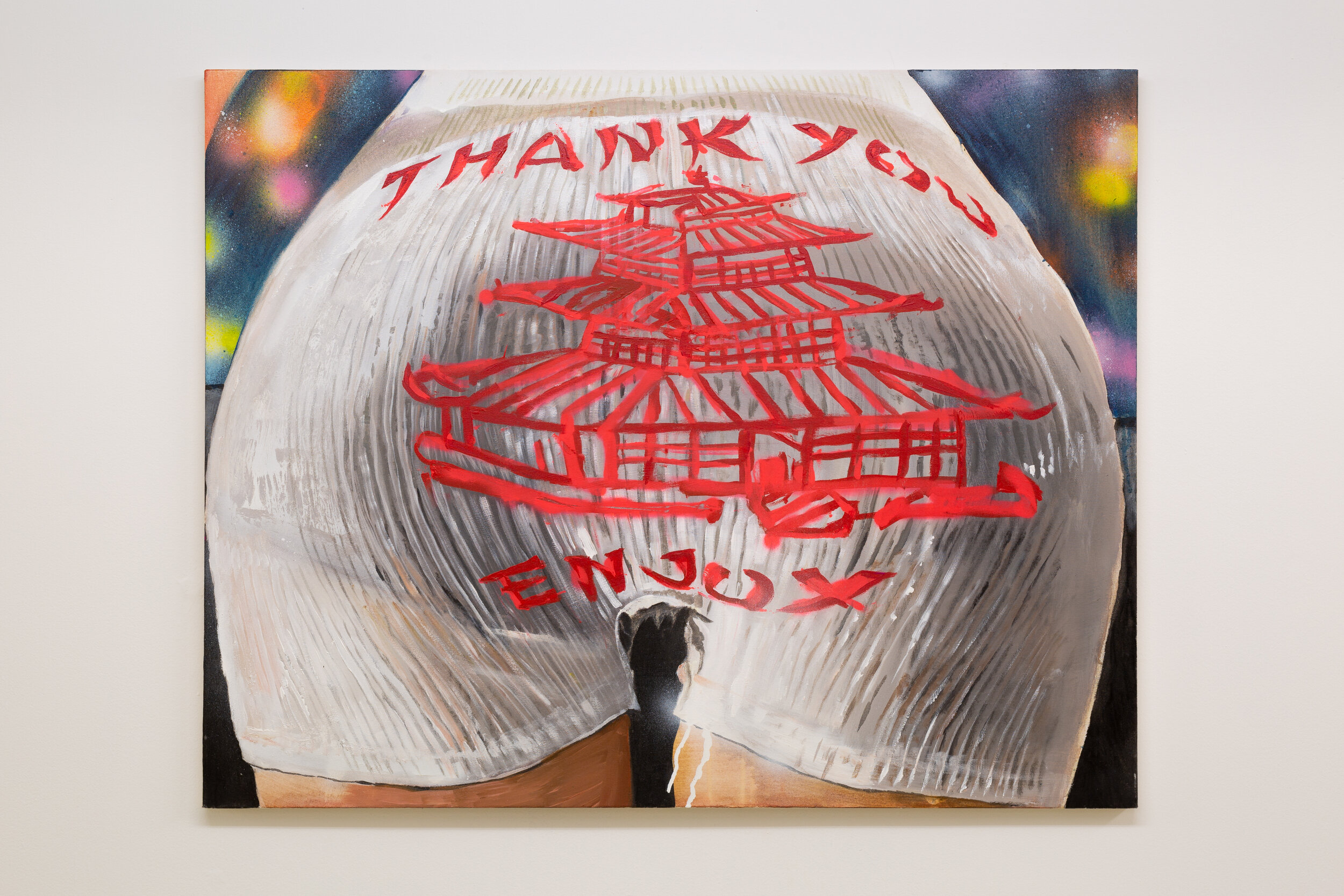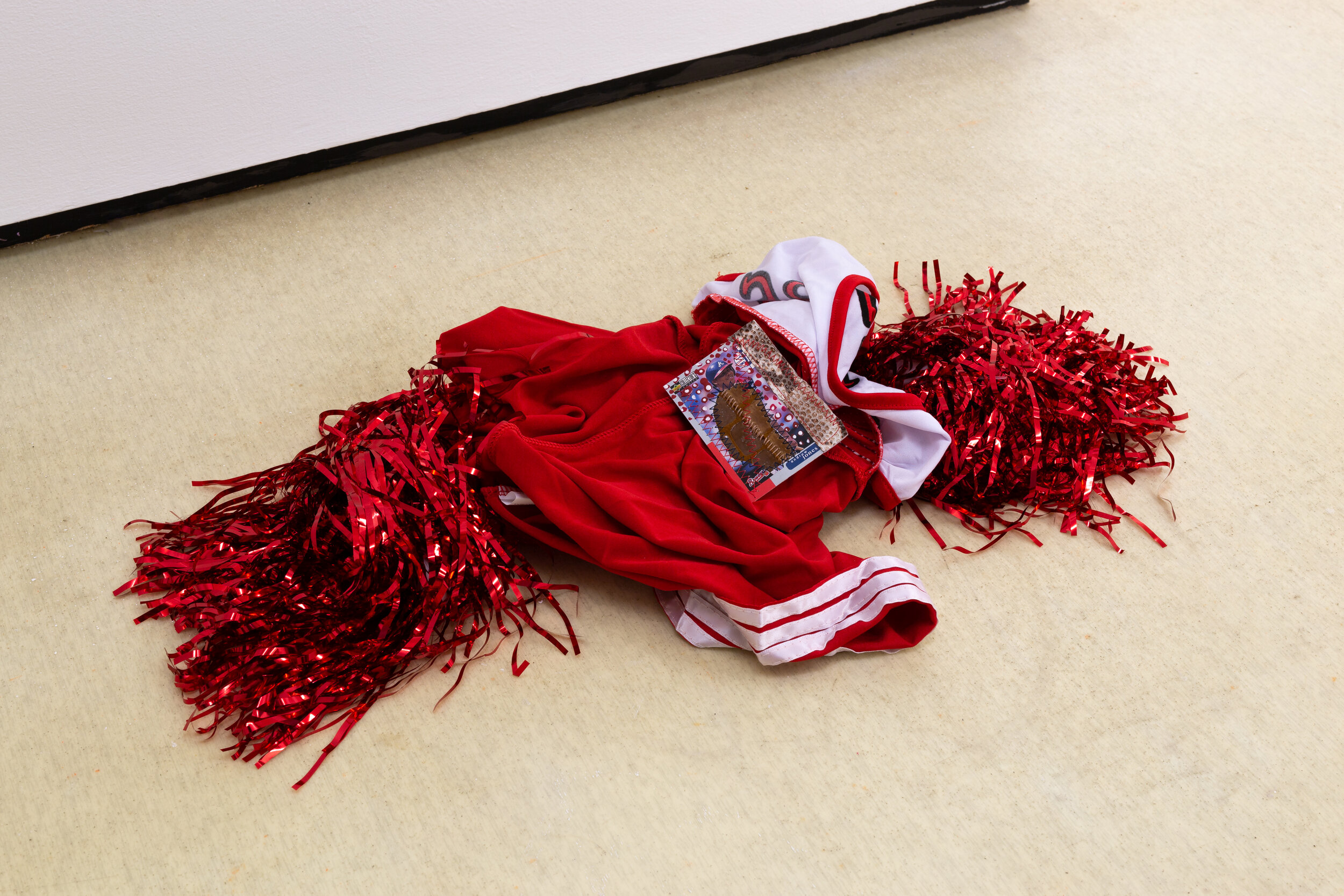Corpse Reviver - Motoko Ishibashi & Gray Weilebinski
16th July - 15th August 2021
Corpse Reviver is a two person show by Motoko Ishibashi and Gray Wielebinski.
A range of influences and various facets of pop culture insignia inhabit Ishibashi and Wielebinski’s artwork. Exploring how different bodies and identities are represented, embraced, rejected, eroticised and idolised.
Subverting expectations in both brash and subtle ways, the artists utilise forms of seduction and humour in order to interrogate notions of the spectacle, ritual, identity, surveillance and the fine line between beauty and perversion.
Motoko Ishibashi (b. 1987, Nagasaki, Japan) received her MFA in Painting at the Royal College of Art, London (2015), her BFA in Painting at Slade School of Fine Art, London (2013), and a BA in Aesthetics and Science of Arts: Philosophy at Keio University, Tokyo (2010).
Motoko Ishibashi’s practice amalgamates Western and Japanese visual languages through painting, performance, installation, video, photography and printmaking. Engaging with mass consumer culture as well as digital subcultures, her work considers relations of power, gender, the body and selfhood within technologically-mediated society.
Recent shows include Assholes, V.O Curations, London (2021), Agitations: Stirred portraits at Courtyard Hiroo, Tokyo (2020); The Sound of Rhubarb at Lady Helen, London (2019); Rachel Is at Pact, Paris (2019); Seraphita at Polansky Gallery, Prague (2018); and 2:00 at Fig. Tokyo (2018). Forthcoming shows include group shows and a solo project in UK and Japan (2021, 2022)
Gray Wielebinski (b. 1991 Dallas, TX, USA) received a BA from Pomona College, Claremont CA, USA in 2014 before completing an MFA from the Slade School of Fine Art, London, UK in 2018. He lives and work in both London, UK and Los Angeles, CA, USA.
In Wielebinski’s expansive practice, incorporating video, performance, collage, installation, sculpture, and more, they explore the intersections of mythology, identity, gender, nationhood, and memory. Reconfiguring and transforming iconography and visual codes, his work seeks to navigate and question society’s frameworks and belief systems. Wielebinski deftly confronts realities in order to imagine and propose alternatives.
Mythology weaves a strong thread throughout Wielebinski’s works, drawing on both ancient and contemporary myths that exist in our daily lives.
The process of collaging runs through his practice in many forms – there is a constant layering of imagery, materiality and concept, to create works in textile, video, sculpture and on paper. An avid collector, Wielebinski’s source material comes from his vast archive which has developed from a childhood of collecting baseball cards.
Wielebinski repurposed his personal collection of baseball cards, transforming these emblems of a typically ‘American’ sport into a new collector’s item – an artwork. Keeping the scale of the original cards brings an intimacy, inviting the viewer to look closely and deconstruct their relationship to the familiar object. Leather, fur, threads and nail polish are accrued on the works surface – using textiles and sewn decorative elements Wielebinski references craft and traditionally seen as feminine modes of making layered onto sportsman’s bodies.
In collages and soft sculptures, Wielebinski puts together new forms and ways of embodiment, questioning what makes a body more than the sum of its parts. He dissects figures, directly challenging our obsession with ‘reading’ bodies – in his intuitive combination of body parts, he makes new creatures. Anthropomorphic and ambiguous, his soft sculptures draw from Frankenstein’s monster and the genre of body horror. Stitched together from fragments of clothing, the works are somewhat ominous and grotesque whilst maintaining a cartoonish, cute quality, reminiscent of childhood toys.
Engaging directly with the contexts in which we live, Wielebinski reveals how narratives reflect and shape our identities. His work opens up the possibilities for a more inclusive storytelling, by reimagining dominant societal mythology.





